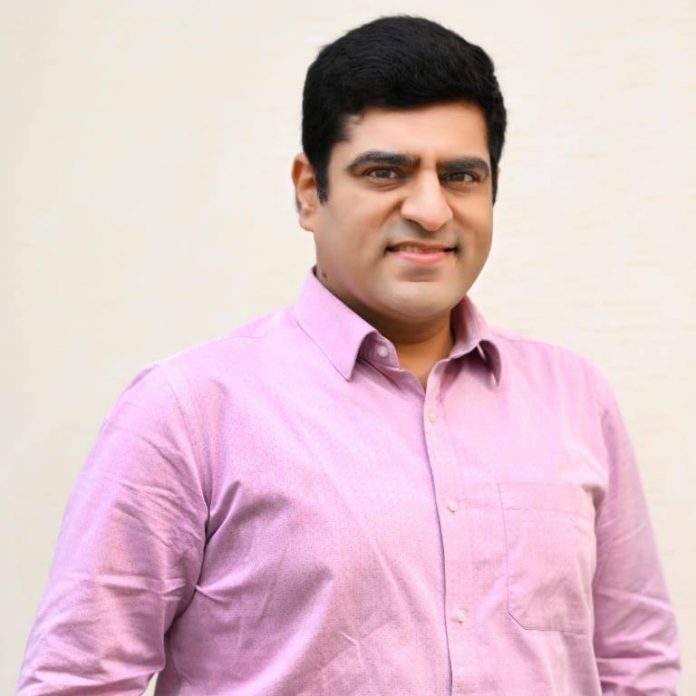Oncologists are, in the simplest terms, cancer doctors. Their basic task is to cure cancer, but the job entails so much more than that. The job of an oncologist requires many tasks concerning the patient and people around them. In this piece, we'll take a look into what an oncologist does.
The first and foremost priority of an oncologist is the diagnosis and cure of cancer. The word "oncologist" comes from Greek words; the first meaning bulk, mass, or tumor, and the second meaning "study of". As such, the oncologist is one who studies tumors. They analyze the signs, observe the behavior of the sickness, and suggest treatments as they see fit. The observations they gather can then go into medical research, conducted by their fellow oncologist.
An oncologist must be a people person. Often, he or she will have to deal with patients in various levels of distress, and even some who do not want to admit they have cancer. They will have to know how to break the news to the patient and his loved ones. Additionally, if the basis of the cancer is suspected to be hereditary, it may be necessary to ask within the patient's family -- meaning the oncologist will have to talk to several members of the same family. This makes it imperative that the oncologist be tactful, discreet, but still open to the patient. Of course, everyone has his or her own style of dealing with people, and the same applies to oncologists.
The next role of an oncologist is a therapist. It is the oncologist who makes the call as to what type of treatment a patient is to undergo. Current cancer treatments are surgical, chemical, or radiological in nature. Hormonal control and antibody-based treatments are also expanding. These cures are the fruits of medical researchers with input from oncologists in the field.
Oncologists are also monitors of their patients' health conditions. This is necessary to determine whether their treatment is having any effect, good or bad. If the treatment does not seem to be doing anything, then a change of treatment may be in order. Cancer treatments have side effects, and if the treatment is making the patient's health worse beyond expected limits, a shift in treatment may be required as well. The oncologist has to keep tabs on the patient's vital signs, and select courses of action that will benefit his or her patients. This means follow-ups after treatments are part of the job description. Best Oncologist in Jaipur
Palliative care is another of the tasks an oncologist has to perform. Sometimes the cancer is incurable, and the only thing left to do is to somehow improve the quality of the patient's life. Symptom management is the main medical task, but moral and spiritual issues are no less important. Aside from symptoms like nausea, pain, anorexia, fatigue, and weakness, an oncologist must learn to deal with depression and other emotional conditions. They become moral supporters and sometimes spiritual guides as well.
Lastly, ethical issues concerning the patient are to be considered. An oncologist will have to deal with recurring dilemmas regarding the amount of information they give to the patient, introduction into clinical trials, withdrawal of active treatments, and end-of-life issues.





Comments